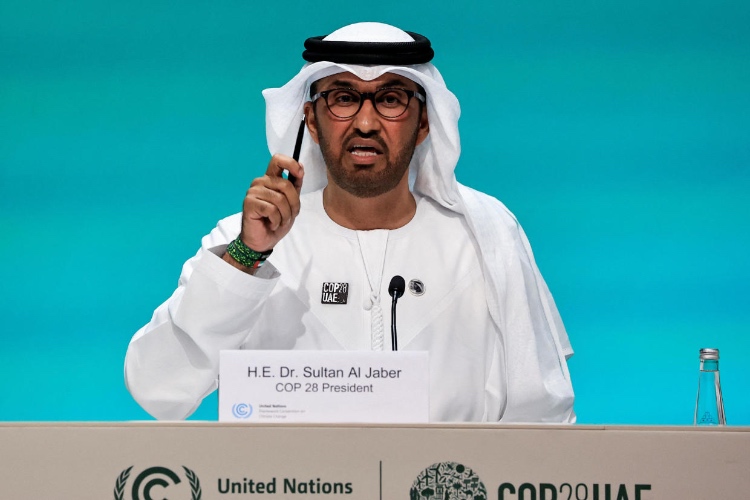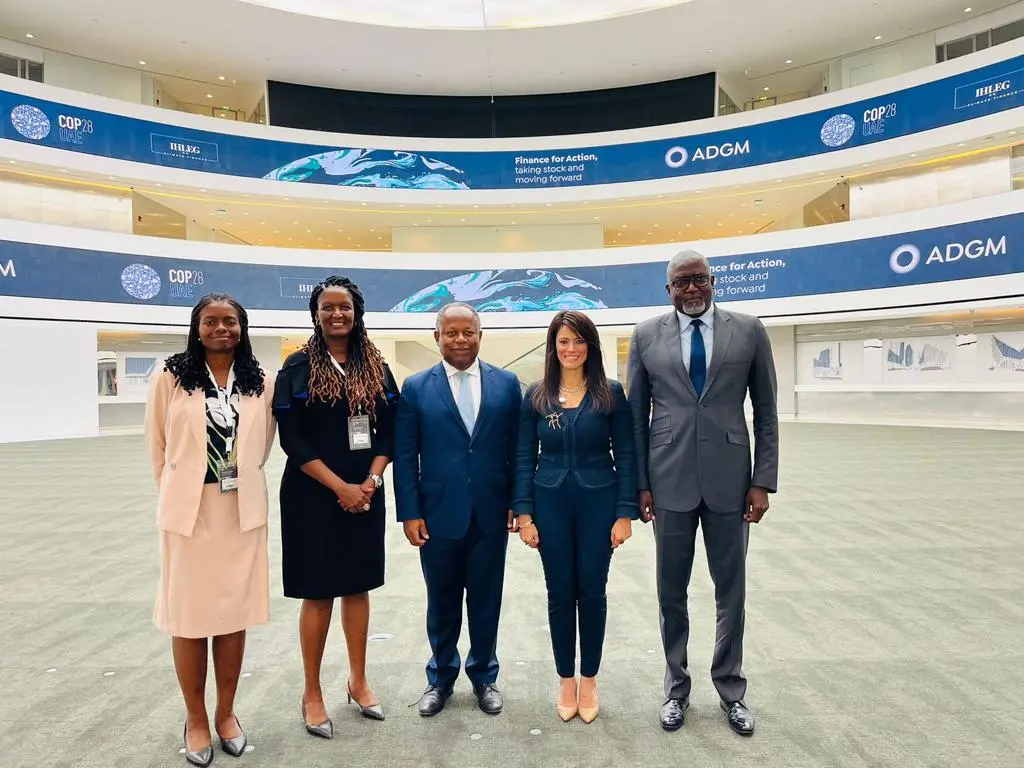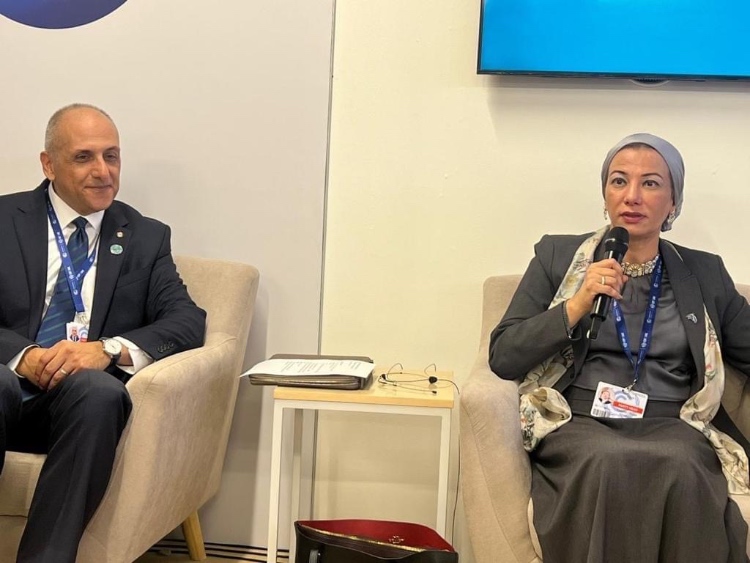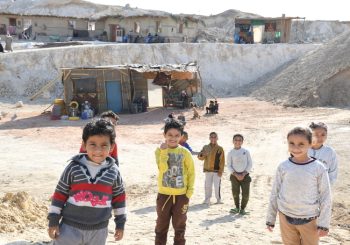Egypt’s Minister of Environment Yasmine Fouad emphasized the urgent need for significantly increased climate change adaptation funding, in comments made during a high-level Global Stocktake event at the 28th Conference of the Parties to the United Nations Framework Convention on Climate Change (COP28) on 2 December, while COP28 President Sultan Al Jaber’s leaked remarks challenging the scientific basis for phasing out fossil fuels stirred controversy.
Fouad stated that developing countries require USD 160 billion (EGP 4 trillion) annually, a considerable increase from the current USD 22 billion (EGP 600 billion) provided. The minister highlighted the need to expedite debt management mechanisms in developing countries and quadruple adaptation funding.
President Abdel-Fattah El-Sisi also called for measures to address climate crisis costs including joining the Sustainable Debt Alliance initiative and supporting the Bridgetown Accord on 1 December. The Accord aims to tackle existential crises gripping the world, including the COVID-19 pandemic, the climate emergency and rising inequality and vulnerability, all of which are disproportionately affecting the Global South and Small Island Developing States.
Conference President Sultan Al Jaber questioned the necessity of phasing out fossil fuels to meet climate goals on COP28’s Health Day on 2 December. His leaked remarks reignited concerns about potential conflicts of interest given his dual role as COP28 President and CEO of a national oil company.
Climate experts and advocates, including former US Vice President Al Gore, criticized the remarks, highlighting a disconnect with the UN’s stance emphasizing the need to completely phase out fossil fuels to achieve the target, set by the Paris Agreement, of limiting climate change to a 1.5-degree Celsius increase from pre-industrial levels.

Amidst the global discussions, Egypt showcased its commitment to green energy projects with agreements signed on the sidelines of COP28.
Collaborations with Norwegian energy company Scatec and international financial institutions focused on producing green methanol and ammonia. Additionally, a partnership with Scatec, the African Development Bank (AfDB), and British International Investment (BII) aims to establish a one-gigawatt solar energy plant using Battery Energy Storage System (BESS) technology.
Egypt’s Minister of International Cooperation, Rania Al-Mashat, signed agreements to join the BESS alliance, highlighting Egypt’s role in storing five gigawatts of renewable energy by 2024.

Looking ahead, Egypt unveiled plans to invest up to USD 270 million (EGP 8 billion) in projects aimed at reducing carbon emissions from the industrial sector, beginning in early 2024.
These initiatives align with Egypt’s broader strategy to combat emissions, including joint work programs with the International Energy Agency (IEA) to address methane emissions and promote renewable energy. Agreements with the Suez Canal Economic Zone (SCZone) and Norway’s Scatec ASA, totaling USD 1.1 billion (EGP 33 billion), demonstrate Egypt’s commitment to sustainable practices in maritime transportation.
On the first day of COP28, 30 November, Al-Jaber announced the loss and damage fund’s historic approval, marking a significant moment, with the UAE pledging USD 100 million (EGP 3 billion) and total contributions exceeding USD 420 million (EGP 12 billion) from various countries, including Germany, the EU, the UK, the US, and Japan.
The establishment of the World Bank-backed fund was agreed upon in Sharm El-Sheikh as Egypt hosted COP27 in November 2022.







Comments (0)